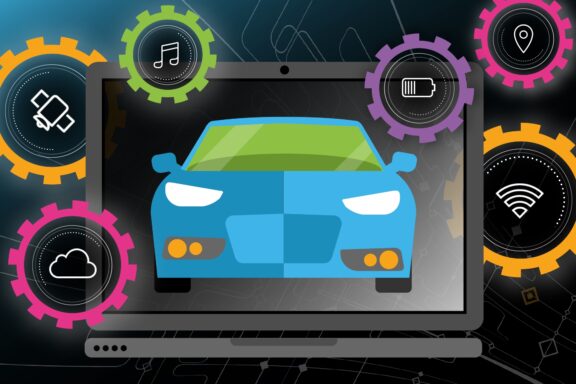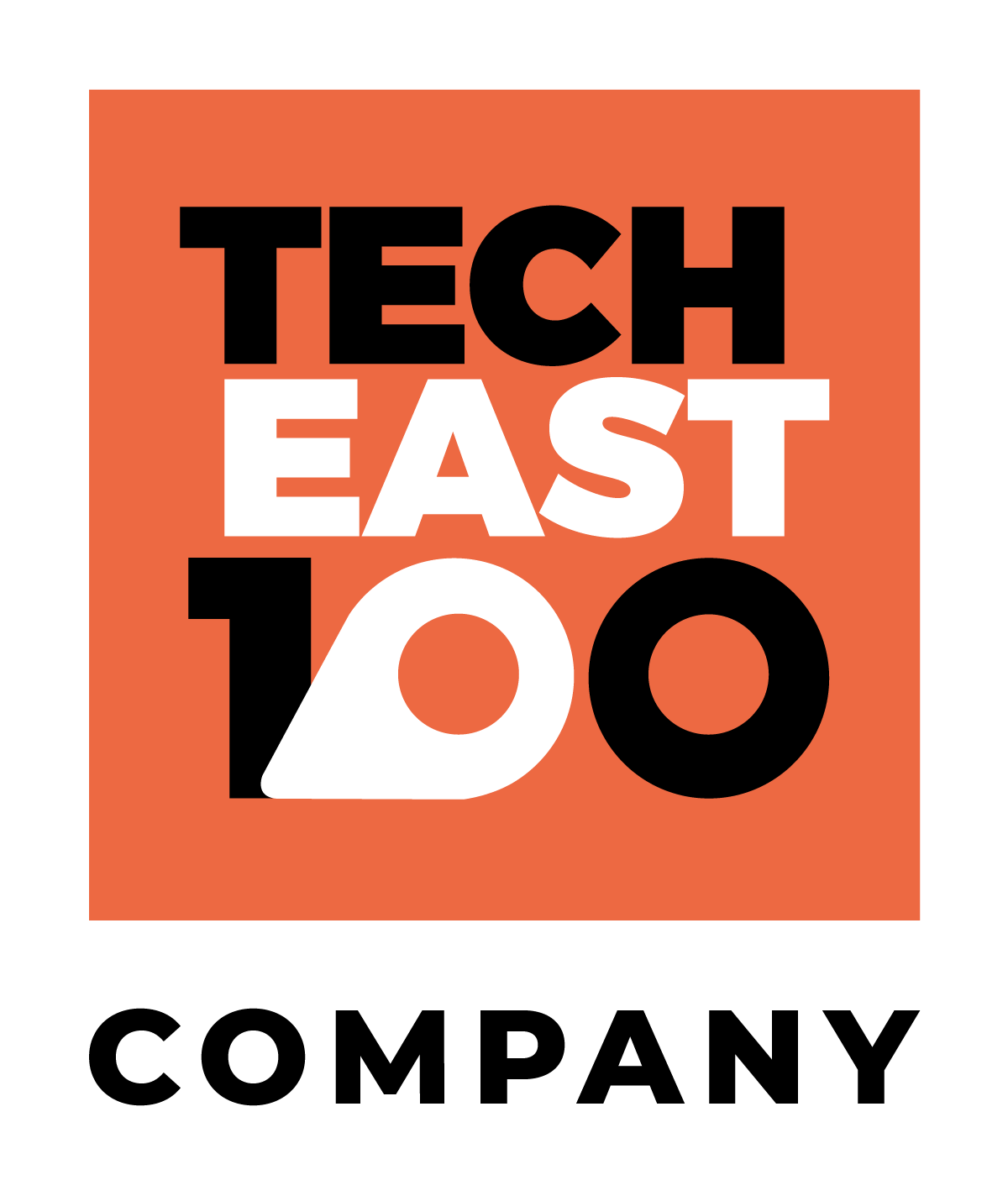The automotive industry is always making exciting, new technological innovations and businesses small and large alike who interact or operate within this sector are tasked with constantly keeping up with whatever groundbreaking technological innovation is expected to come next.
Key themes to expect for the following year include:
- More advanced data security
- Further developments in autonomous driving
- The emergence of digital factories
- Enhanced user experience
Read on for more detail on the top 10 trends in the automotive industry for 2023.
Big Data and IoT for Vehicle-to-Everything Connectivity
Vehicle-to-everything connectivity is an element of automotive technology that is expected to bring in new opportunities for innovation over the next few years whilst contributing to the Internet of Things and Big Data as an industry.
Modern vehicles have the ability to connect to the internet and exchange data obtained by their in-built sensors. As such automotive data from across the globe can be collated and analysed and serve as the basis for research into potential advancements in the automotive industry. This data can also be used to identify areas for improvement so that manufacturers can fully optimise the performance of their vehicles and make their products more appealing to consumers.
Decentralised Computing Models
Much of the new technology being implemented in modern vehicles demands increased computing capacity, not only for effective research and development but also for AI and algorithm-based analytics to run.
This level of innovation can only be achieved with cloud or hybrid computing models. So, we can also expect vehicle manufacturers to continue further investment into decentralised computing models throughout 2023 and the coming years.
Connected Apps
In-car apps and software aren’t necessarily a new concept, but in 2023 we can expect the sophistication of such technology to grow and add further value to the Internet of Things.
Vehicle manufacturers in the coming years will focus on more rigorous testing and improving user experience for consumers, such as improving the way traffic data is used to make more accurate intelligent navigation suggestions. Examples of this include alerting drivers to unexpected changes in road conditions or travel routes as well as improving the way these alerts are presented to drivers.
AI and Machine Learning for Autonomous Driving
Artificial Intelligence and machine learning are integral elements that are contributing to the mass rollout of autonomous driving. Advanced machine learning algorithms allow autonomous vehicles to operate in challenging traffic conditions or complex situations involving pedestrians, cyclists and other road users, for example.
Further than this, machine learning and Artificial Intelligence are two trends expected to be utilised more and more on the production side of things. Vehicle and parts manufacturers will use these emerging technologies to automate certain processes, reducing the opportunity for human errors and extending their hours of operation beyond those able to be worked by humans. Manufacturers can also utilise AI technology to assess the potential for success amongst consumers of a new product launch and analyse customer sentiment towards brands to predict the likelihood of failures within this area.
There is a concern that AI will “take over” the jobs of humans, however even if this is the case for the jobs they do in particular, it will open up the possibility of jobs in other areas such as programming and maintenance of these machines.
Digital Factories for Car Manufacturing
The digital factories trend refers to the use of simulated versions of a physical factory environment to improve the entire manufacturing process.
For the automotive industry, vehicle manufacturers can use simulated models to locate potential problems within the manufacturing process or find areas where improvements can be made, which in turn will improve efficiency while improving quality standards across multiple locations globally.
Predictive Automotive Technology
Using sensors built into the vehicles at the point of manufacturing, predictive technology will be implemented on a larger scale to estimate more accurately when a vehicle should have a part replaced or book in for a service.
Previously, part replacement times and service bookings were determined using generalised usage figures, but in future vehicles, will be fitted with the technology to monitor their individual usage and provide a more personalised approach to estimating the longevity of a product and when it will need to be replaced/changed/repaired.
This will make servicing and repairing more efficient and convenient for both drivers and dealerships.
Autonomous Cars
The rollout of autonomous cars to the mass market is a highly anticipated trend – and has been for the past few years, with 36% of companies across the automotive industry wanting to be one of the first to mass-produce autonomous vehicles. In 2023, and the years following, we can expect to see even more development take place in this area, bringing us closer to the goal of fully autonomous cars.
Up until this point, leaders in the field have been restricted by safety issues and ethical dilemmas but further advancements will serve to mitigate these concerns.
Blockchain for Improved Supply Chain Management
The integration of technology that reduces the number of counterfeit parts on the market is a welcome advancement for car manufacturers and dealerships across the world.
Battling the plague of fake auto parts has always been a difficult and time-consuming process, but with Blockchain, soon to be used within the industry’s supply chain to identify the suppliers who sell them and eliminate them from circulation, this will no longer be an issue.
Other benefits of this technology include enhanced transparency and improved efficiency in pricing structures.
AR for Test Drives
Following various local and regional lockdowns and business restrictions enforced by the Government, car manufacturers and dealerships have begun to adopt more creative technologies to continue giving their customers great experiences.
Using augmented reality to offer prospective customers test drives is just one example of this.
With this technology, customers can get a feel for the vehicle they’re interested in without setting foot in the showroom. This opens up huge opportunities for car manufacturers to reach customers right in their own homes.
Improved Data Security in Cars
With car-to-everything connectivity on the rise, the security of the data shared/collected by cars is a growing concern for many drivers.
Research shows that most drivers don’t realise that hackers can access several parts of their vehicles such as the engine, brakes, steering wheel and key fob.
In the next year, we will see manufacturers pushing for greater education around this topic along with prioritising the safety and security of their customers’ data.























